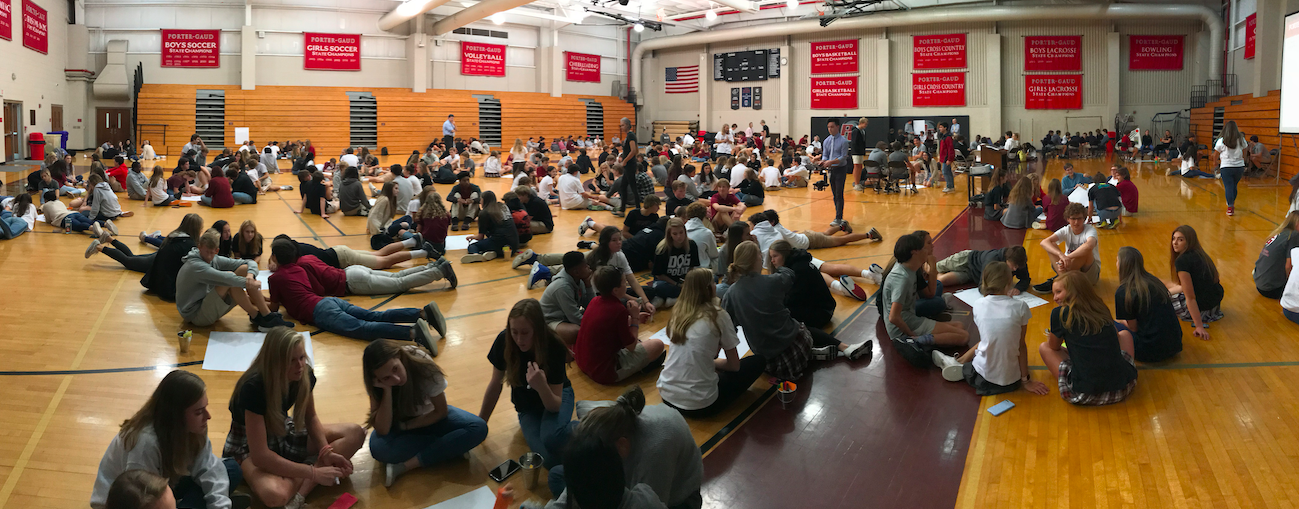Can a few simple rules guide our personal and professional decision pathways? Can they help alleviate the fear that I am going to leap into a bottomless chasm of future uncertainty? Can they get us past the chokepoints of inertia that stand in the way of following a true passion?
I think so. A few months back I reported on the book “Simple Rules“, and am increasingly using a set of activities in my workshops based on the concepts I found. The authors found, after studying many highly effective organizations and individuals, that they often reduce highly complex situations down to just a few simple rules that guide major decision pathways.
As we ask educators to embrace a “new” role based on the tenants of student-centered deeper learning, we are asking them to take a risk. Many educators are not natural risk takers, hence the discomfort of change. For whatever reason I have taken a few pretty large risks in my professional life, and when I traced back to how I made those decisions, I found that, unknowingly at the time, I had created a set of “simple rules” that have guided many of my riskiest decisions for more than 30 years.
Before I left college, I asked myself what criteria I would use to find an ideal job. It took me three days, but I came up with these four criteria:
- I want to work with smart people.
- I want to help solve difficult problems; easy problems bore me.
- I want to create elegant solutions; less than elegant is not satisfying.
- I want to work on something I care about.
Those four simple rules still guide my decision making today. I left the for-profit sector because my work satisfied the first three, but not the fourth. I left a school I worked at for many years because they were no longer interested in tackling difficult problems. Having a set of simple rules actually made these decisions much easier than I had imagined; I knew that my safety net of personal rules would mitigate the danger of jumping off of professional cliff.
I think if our schools take the time to create a set of simple rules, and if we encourage our stakeholders to do the same, it will help to overcome many of those moments of uncertainty, moments in which we default to our fear of the unknown and stay on a well-worn path that may be a familiar path, but not the best path. And, darn, but it would sure make schools more efficient to NOT repeat the same conversations year after year after year!





Leave A Comment